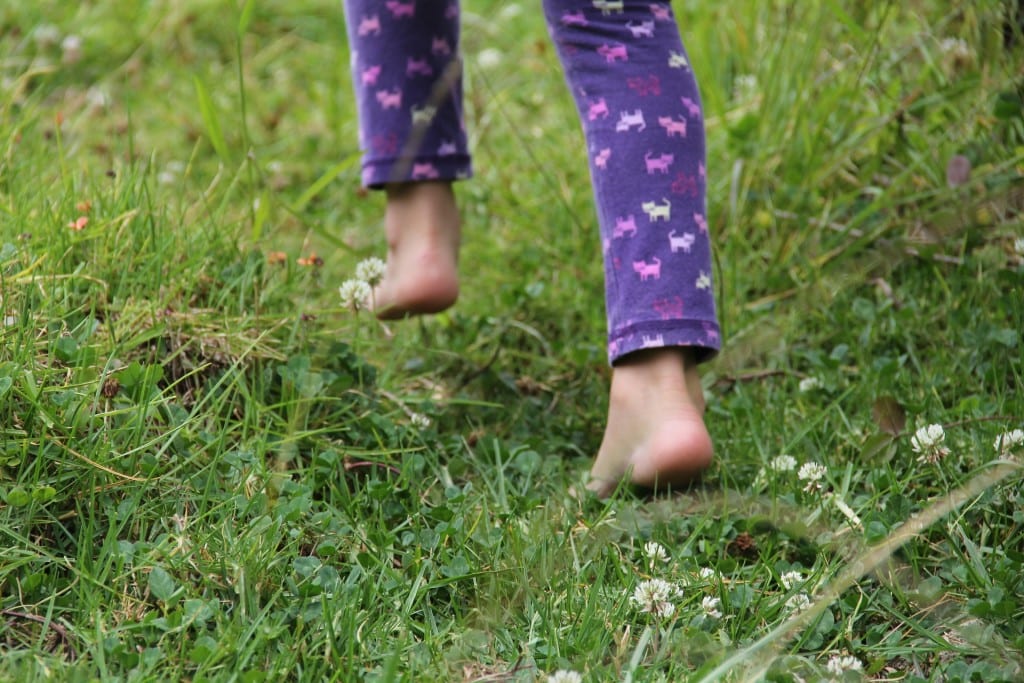
Late in 2012, a new study was released that dealt with the issue of autism and wandering. The results confirmed that almost half of the children on the autism spectrum are known for wandering, and that it is both stressful and frightening for parents. These children, the study says, are known for wandering or running away from safe and supervised situations, and many of them subsequently go missing.
But most importantly, the study confirmed that autistic children wandering off was NOT the result of inattentive parenting. According to Autism Speaks Assistant Director of Public Health Research, Amy Daniels, Ph.D, “wandering has little to do with parenting style and more to do with the nature of a child’s autism.” This is a critical distinction, because so many parents of autistic children have been accused of neglect in years past.
There have been a horrifying number of cases over the years of parents calling 911 to report their autistic child missing, only to be accused of neglect. It is a terrible dilemma for parents whose children bolt from their homes and backyards. Do I keep searching, or do I call 911? If I can just find them without involving the police, then I have a better chance of not being accused of neglect? But if they’re really missing and I delay the 911 call, will that make me look even worse in the eyes of the police? What is the right choice?
The fact that parents of autistic children have to wage this battle inside their own hearts, while at the same time managing the incredible stress of dealing with a missing child, it a tragedy. No parent should be afraid to call 911 simply they are afraid of being judged by officers, social workers, CPS agents, and the community at large. .
The fact there is such a high incidence of accidental drowning among wandering autistic children only serves to reinforce this. When a wandering child is found dead, it is natural to want to point the finger at someone. Someone who should have worked harder to prevent the senseless tragedy. Someone who could have done more, looked harder, called sooner. But putting the blame on the parents of autistic children doesn’t solve the problem, and it doesn’t stop it from happening again.
Join us next time as we look at the connection between Autism, wandering and drowning related deaths, and discuss what can be done to prevent this tragedy without pointing fingers at the parents.
